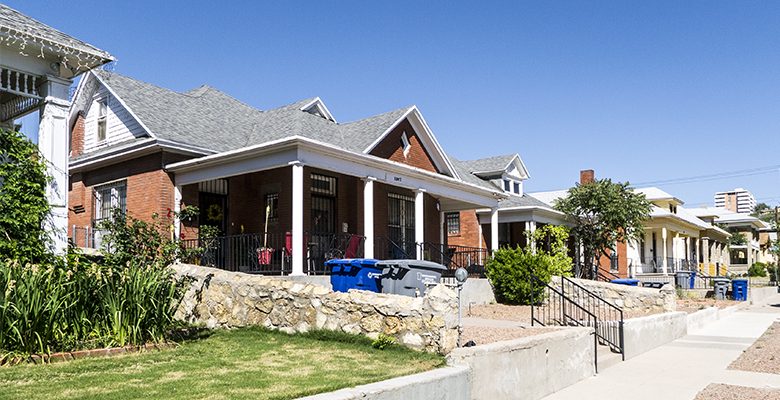Sharp-eyed El Pasophiles will have noticed that El Paso came in both first and second place in homestead property tax rates for the 50 biggest cities in the United States, according to the Lincoln Institute’s 50-State Property Tax Comparison Study for Taxes Paid in 2018.
The difference is Assessment Limits. Detroit, with which El Paso is competing for the honor of most taxed, has property assessment limits. In Detroit, a property’s assessed value cannot rise more than five percent or the rate of inflation, whichever is less, in a year.
El Paso has no such assessment limits.
An inquiring mind might wonder why assessed valuations are rising, when, according to U.S. Census Bureau estimates, El Paso’s population is declining. After all, isn’t supply and demand the be-all-end-all in price determination?
Well maybe the well-heeled are buying up El Paso properties as investment opportunities. Maybe they’re converting them to AirBnBs.
Maybe they’re banking on all that economic development our City Government is promising us, or maybe they believe the snake oil that our City Government is selling, that we’re in the midst of a renaissance.
Or maybe the game is rigged.
Whatever. The truth is that when it comes to actual taxes paid, the property owners in El Paso pay a higher rate than the property owners in Detroit.
But theoretically, Detroit homestead property owners pay a higher property tax rate than homestead property owners in El Paso.
There’s some small comfort in that.


As Detroit has block after block of empty and abandoned homes.
Abbott capped the increases and city hall are scambling on how to fleece homeowners on any premise